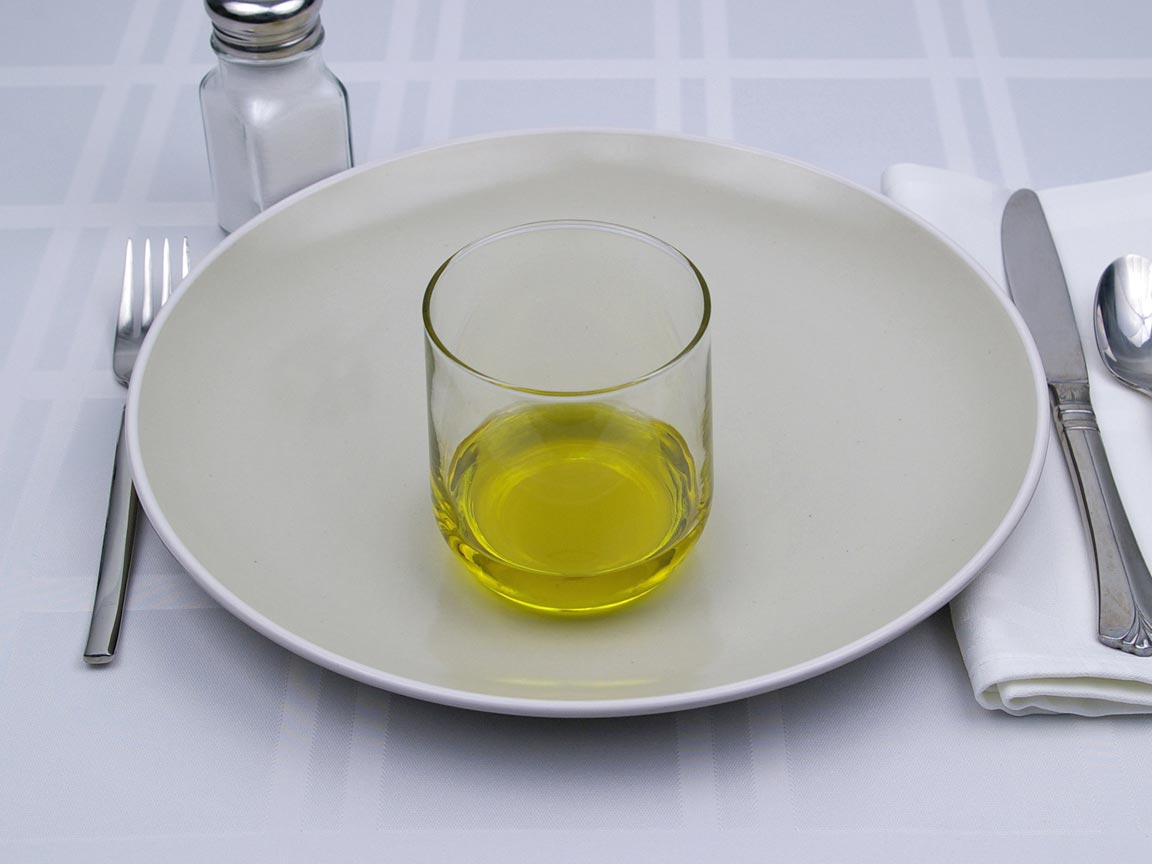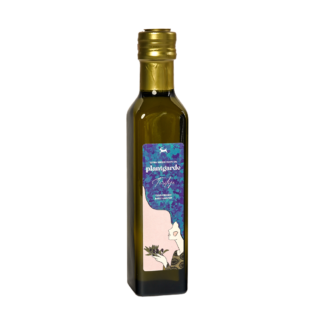N u t r i t i o n a l M y s t i q u e : H o w M a n y C a l o r i e s i n O l i v e O i l ?
Nutritional Mystique: How Many Calories in Olive Oil?
Olive oil is a timeless gem in the world of culinary exploration and healthful eating. Olive oil has gained international recognition for its flavor and many health advantages, making it a common fixture in kitchens. But for individuals watching their calorie consumption, there’s still the unanswered question: How many calories are in this liquid gold?

Calorie Content and Healthy Fats
Even though it’s rich in nutrients, olive oil still adds calories to your daily consumption. One tablespoon of olive oil is a normal serving size, and it has about 120 calories. The main cause of this calorie density is the high-fat content of olive oil.
Monounsaturated fats, which make up the majority of the fats in olive oil, are thought to be heart-healthy and vital for preserving general well-being. These fats have been linked to several health advantages, such as lowered risk of inflammation and heart disease. It’s important to recognize the quality of fats instead of just concentrating on their number, even though the calorie content may cause those who are managing their weight to hesitate.
Moderation is Key
When using olive oil in your diet, moderation is essential, just like with other meals. When consumed in moderation, the nutritious advantages of this food greatly exceed its calorie density, even if it may seem overwhelming. Furthermore, the fact that good fats are satiating may help you feel fuller and reduce the amount of calories you consume during the day.
Your choice of olive oil can also affect its nutritional value and calorie count. Cold pressing and little processing yield extra virgin olive oil, which is higher in nutrients and antioxidants than refined olive oil. Choosing extra virgin olive oil is a smart move because of its many health advantages, even though the calorie difference might not be that great.

Incorporating Olive Oil Wisely
Olive oil can be enjoyed in many different ways, such as dipping bread into it, using it as a cooking medium, or spreading it over a fresh salad. To control calorie intake, portion sizes must be considered, though. Use a measuring spoon or spray bottle to regulate how much olive oil you drizzle on your food.
In conclusion, It is important to comprehend the calorie content of common foods like olive oil if one is to lead a healthy, balanced lifestyle. Olive oil adds calories to your daily consumption, but its nutritional value—particularly from heart-healthy monounsaturated fats—makes it a vital supplement to a well-balanced diet. You may enjoy this liquid gold’s flavor and health benefits without unnecessarily worrying about calories by consuming it in moderation and selecting high-quality selections.

Plantgarde
@plantgarde • Plantgarde yazıları
Siz değerli ziyaretçilerimize hem en yüksek kalite zeytinyağı üretimi yapmayı hem de sizleri zeytinyağı ve zeytinyağının faydaları hakkında bilgilendirmek için elimizden geleni yapıyoruz. Bizleri takip edin.

